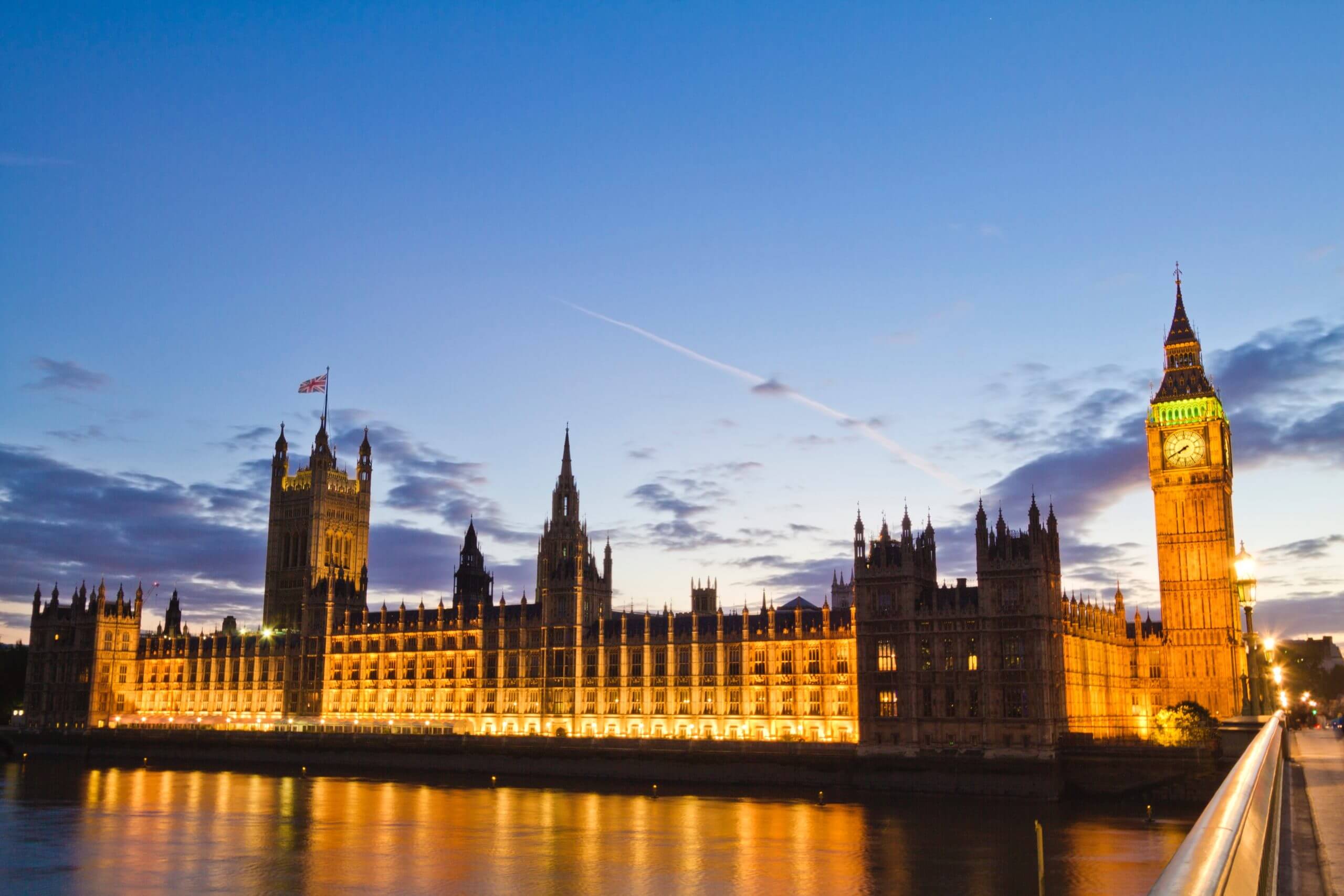
Kate Langston, External Affairs Officer, Money and Mental Health
Unpicking the Treasury Committee report: Access to cash and gambling blocks
15 May 2019
How often in day-to-day life do we find ourselves reflexively tapping our bank or credit card on a reader when asked to pay up, without stopping to check the amount? Or perhaps making a hasty online purchase using pre-saved card details, without pausing to ask if we really need it? It’s an easy habit to form in an age of plastic, when we no longer have to stop to count out coins and notes in order to spend money. But it can also make keeping track of spending much more difficult.
This can prove particularly tricky for people with mental health problems who may be experiencing symptoms like poor memory and reduced impulse control. And the consequences for both their financial and mental wellbeing can be devastating.
That’s why so much of our work is dedicated to developing and campaigning for solutions that could support people who are struggling with their mental health to better manage their spending. That includes protecting access to cash, which many use as a budgeting tool, and promoting the introduction of spending blocks on bank cards. And at the start of Mental Health Awareness Week our efforts received a big boost after a number of our key recommendations were backed by the influential Treasury Select Committee.
Keeping cash to hand
Last year we carried out a survey with our Research Community asking about their use of cash, to help us feed in to the Access to Cash review. We found out that for many people experiencing mental health problems, cash plays a number of important functions, from making it easier to budget and monitor spending, to providing a more secure way of allowing friends or carers to help with shopping without having to share card details.
But anyone paying attention to the news in recent months would have found it impossible to avoid headlines about the ever-decreasing number of free-to-use cash machines. A recent Which? report found that 1,700 previously free machines started charging fees for cash withdrawals in just the first three months of this year alone – fees which can be punishing for someone who is already struggling to make ends meet.
In our submission to the Committee, we warned that further decline in access to cash could leave people experiencing mental health problems particularly vulnerable to financial problems, which is why we’ve been calling for access to be protected until suitable alternative payment solutions are in place. We were delighted to see the Committee acknowledge this risk, and respond by calling on the government to implement the recommendations of the Access to Cash review, including guaranteeing the rights of consumers to access cash and ensuring cash remains widely accepted.
Unblocking spending blocks
But just as the shift toward a digital, cash-free society threatens to restrict some of the tools at our disposal, it is also opens up a whole new raft of exciting possibilities. This includes the development of new spending controls that allow people who have identified potentially harmful patterns in their spending to put barriers in place to restrict this behaviour and reduce the risk of financial harm that could result.
One example of this is the ability to block certain forms of spending using bank and credit cards. Such blocks, when applied to spending on things like gambling, could be particularly beneficial for people with mental health problems, who may find it harder to resist the urge to gamble and to stop. In the last year, we have been successful in persuading three leading banks to give their customers the power to block gambling payments on their card, but want to see these tools made more widely available. So it was great to see the Committee echoing our calls for other banks to follow suit in launching gambling blocks of their own – as well as urging the wider industry to “find ways to increase the variety of self-exclusion spending and lending blocks available to consumers”.
Keeping up the pressure
This week’s report provides a welcome show of support for our work, helping us drive these issues up the political agenda. The government is due to respond in just under two months, and we want to ensure this response marks the beginning of real action in this area, not the end.
You can read the committee’s report in full here, and read our written submission to the committee inquiry here.
